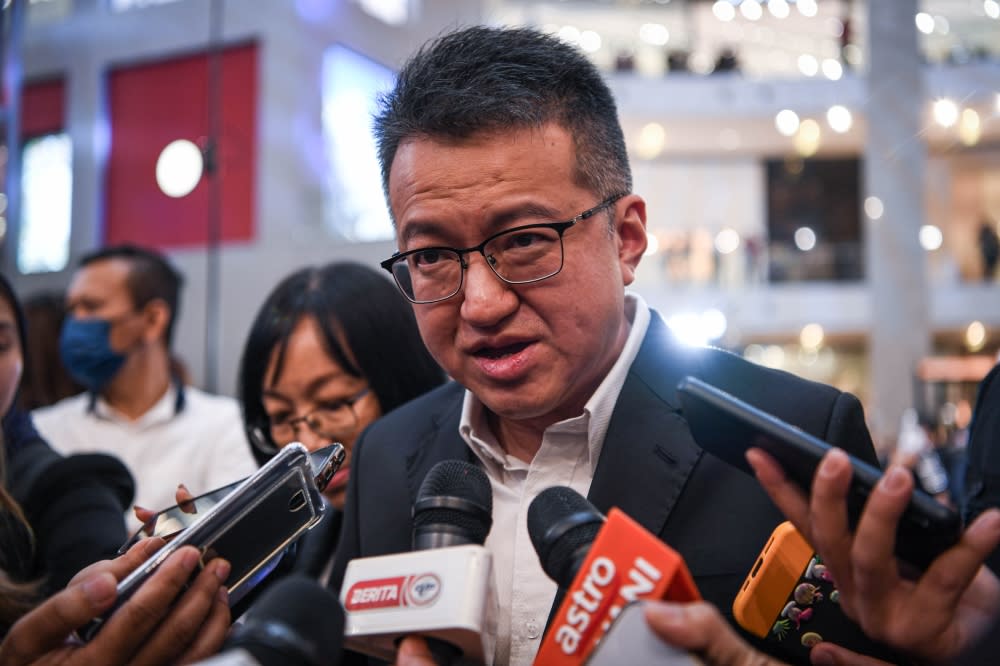Chin Tong: New trade agenda must move beyond offering lower wages, luring investors at the expense of the public

KUALA LUMPUR, 3 March — Deputy Minister of Investment, Trade and Industry Liew Chin Tong has today urged for a revamped trade agenda for Malaysia, South-east Asia and the global community which prioritises fair wages, sustainable development, and climate action.
Liew, who is also the DAP secretary-general, said that supply chain resilience, economic security and de-risking were the current core concerns of the government and corporations across the world.
“It is no longer about competitive lowering of wages, cutting down taxes, offering competitive financial incentives to lure investors at the expense of public funds, reducing environmental standards to attract polluting industries or downgrading labour standards,” he said in a statement here.
“The new trade agenda would have to take into account the fact that trade has to ensure workers are well paid, and both advanced economies and developing countries can sustain a robust middle class. It would also have to place climate at its centre while ensuring that states receive adequate taxes from multinationals to provide services and ensure social cohesion.
The Iskandar Puteri MP also asserted that the new agenda ought to attract tangible benefits to most in the public.
He also said that the world must learn from the experience of polycrisis consisting of pandemic and global health challenges, financial instability and inequality, geopolitics and wars, and an increasingly serious climate crisis that happened over the past few years.
Yesterday, Liew said political stability, far-sighted economic policies and the green transition provide a golden opportunity for a second surge in the country’s economy after the first jump made in the early 1990s.
He said the competition between China and the United States has pushed investments into the South-east Asian region and that Malaysia plays an important role in attracting investors.
Liew added that Malaysia does not need to compete with neighbouring countries such as Vietnam and Indonesia to attract investments because the strength of the country’s economy has put Malaysia at a level almost on par with Singapore.
Instead, he proposed cooperation through vertical integration with Vietnam and Indonesia since a competition would result in workers in Malaysia being paid low wages.



